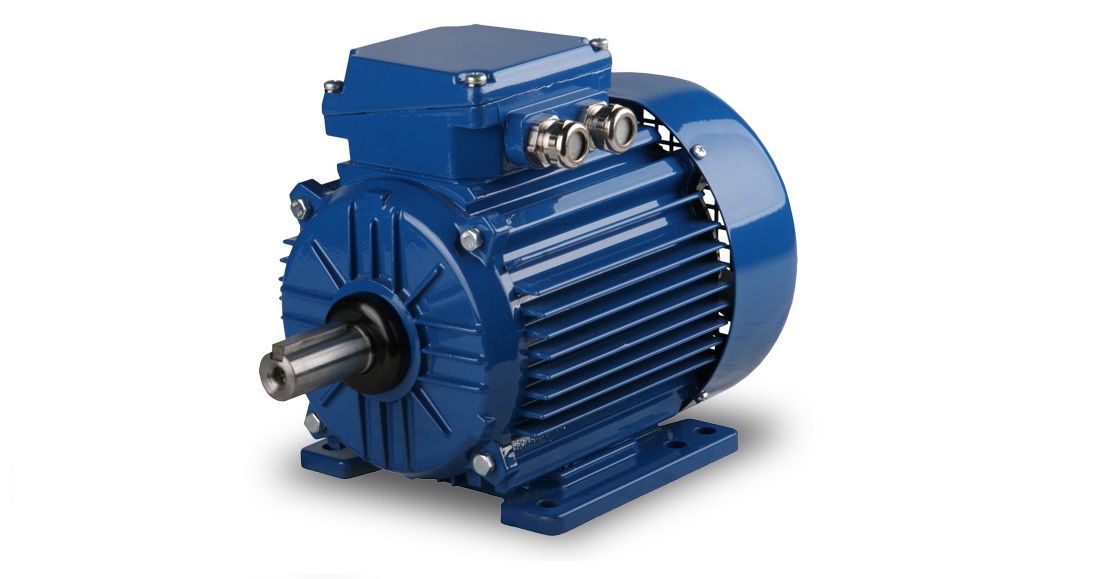The starter motor is the unsung hero of your vehicle’s engine, responsible for turning the engine over during startup. But like all components, it won’t last forever. In this blog post, we’ll explore the factors that influence the lifespan of a starter motor and the signs that indicate it’s time for a replacement.
Understanding Starter Motor Lifespan:
The longevity of a starter motor can vary greatly depending on several factors:
- Quality of the Starter: Higher-quality starters tend to have a longer lifespan.
- Vehicle Usage: Frequent use, especially in stop-and-go traffic, can lead to increased wear on the starter.
- Maintenance: Regular maintenance can extend the life of the starter motor.
Factors Affecting Starter Motor Lifespan:
- Driving Habits: Aggressive driving or frequent short trips can shorten the life of a starter motor.
- Environmental Conditions: Extreme temperatures and exposure to the elements can affect the motor’s components.
- Battery Health: A weak or failing battery can place additional strain on the starter motor.
Signs It’s Time to Replace the Starter Motor:
- Difficulty Starting: If the engine takes longer than usual to crank or doesn’t start at all.
- Unusual Noises: Grinding or whirring noises during startup can indicate a failing starter.
- Battery Drain: A starter motor that is not operating efficiently can drain the battery.
How to Extend the Life of Your Starter Motor:
- Regular Inspections: Have your mechanic inspect the starter motor during routine service.
- Avoid Frequent Short Trips: Try to avoid taking multiple short trips that don’t allow the engine to warm up fully.
- Keep the Battery Charged: A well-maintained battery can reduce the load on the starter motor.
FAQ about Starter Motor Lifespan:
Q1: How often should I replace my starter motor?
A1: There’s no set replacement schedule; it depends on the vehicle and usage. However, most starters last between 100,000 to 150,000 kilometers.
Q2: What can cause a starter motor to fail prematurely?
A2: Factors like poor maintenance, frequent short trips, a weak battery, and extreme temperatures can contribute to early failure.
Q3: Can I test my starter motor myself?
A3: While you can perform a basic visual inspection, testing the starter motor should be done by a professional to avoid damage or injury.
Q4: What is the average cost to replace a starter motor?
A4: The cost can range from $300-$400 for non-OEM parts to around $600 for OEM parts, with high-end models potentially costing more.
Q5: How do I know if my starter motor is the issue and not my battery?
A5: If your vehicle’s battery is in good condition but you’re still experiencing starting issues, the starter motor may be the culprit.
Conclusion:
The starter motor is a critical component of your vehicle’s engine, and while it’s designed to last for a long time, it will eventually need to be replaced. By understanding the factors that influence its lifespan and being aware of the signs of failure, you can make informed decisions about maintenance and replacement.
Call to Action:
For all your starter motor needs, from maintenance tips to replacement parts, visit our online store. Keep your vehicle starting smoothly with our expert advice and quality products.
